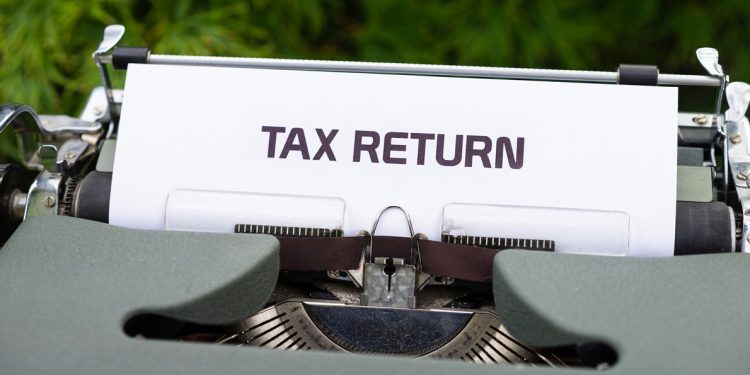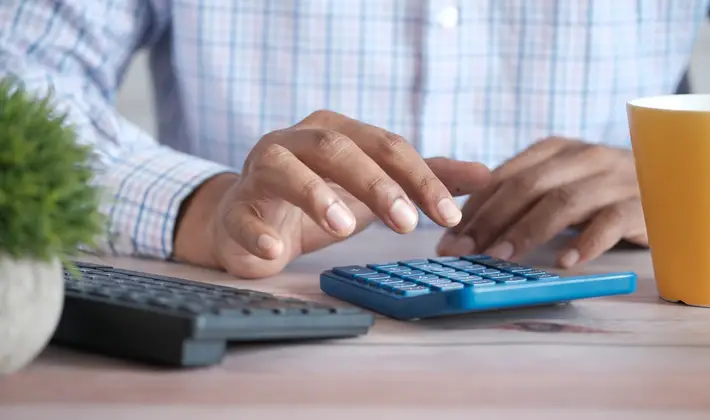Everything You Need to Know to Prepare for the End of Tax Year as a Sole Trader

As a sole trader, tax time can be a stressful and confusing experience. With so much to keep track of and so many deadlines, it’s easy to feel overwhelmed and unsure where to start. This blog post will provide a comprehensive guide on preparing for the end of the tax year as a sole trader, including tips on ensuring your accounts are up-to-date, maximising your ISA allowance, making pension contributions, checking your Capital Gains Tax liability, and more.
Ensure Accounts Are Up To Date
The most important step in preparing for the end of the tax year is ensuring that all your accounts are up-to-date and accurate. Keeping track of income and expenditure throughout the year is key for making sure that you don’t miss any deductions or credits when filing taxes. Take some time now to ensure everything is in order, such as double-checking invoices, bank statements and other financial documents related to your business.
Maximise Your Tax-Free ISA Allowance
Another way to save money during tax season is by taking advantage of your Individual Savings Account (ISA) allowance. An ISA allows you to save money free from UK Income Tax or Capital Gains Tax up to an annual limit set by the government each year (currently £20,000). There are different types of ISAs available depending on what kind of savings or investments you want to make; if you’re unsure how best to proceed with this option, then it might be worth consulting a professional tax guide who can help walk you through the process.
Maximise Your Pension Contributions
Contributing towards a pension plan is another great way to reduce your taxable income while also providing yourself with financial security in later life. The government currently offers generous incentives for those who contribute towards their pension funds – up to 45% relief on personal contributions depending on individual circumstances – so make sure you take full advantage. It’s also worth noting that amounts above your annual allowance (currently £40,000 per person) may incur an additional charge, so it pays off in the long run if you plan ahead.
Check Your Capital Gains Tax Liability
It’s also important that you check whether or not you have any capital gains liability before filing taxes at the end of the tax year – capital gains are taxable profits made from selling assets such as property or shares which exceed their original purchase price – otherwise known as ‘chargeable gains’ – so it pays off in the long run if these are factored into calculations before submitting your return. If necessary, seek advice from an accountant or financial advisor who can help ensure all calculations are correct before filing taxes.
Don’t Miss The Deadline!
Last but not least – don’t forget about the deadline. This year’s self-assessment deadline falls on 31st January 2021 – make sure that all relevant paperwork is submitted promptly; otherwise, HMRC may impose fines – nobody wants that. So take some time now while there’s still plenty left over before the big day arrives – put together a checklist if necessary – and make sure everything is taken care of ahead of time so that when it comes down to crunch time, there won’t be any nasty surprises waiting round the corner.
Preparing for the end of the tax year can feel like an arduous task, but following this simple guide should help alleviate some stress around filing taxes as a sole trader this upcoming season. Above all else, though, remember to stay organised – there’s nothing worse than scrambling around at the last minute, trying desperately to find something that could have been easily taken care of weeks earlier.










